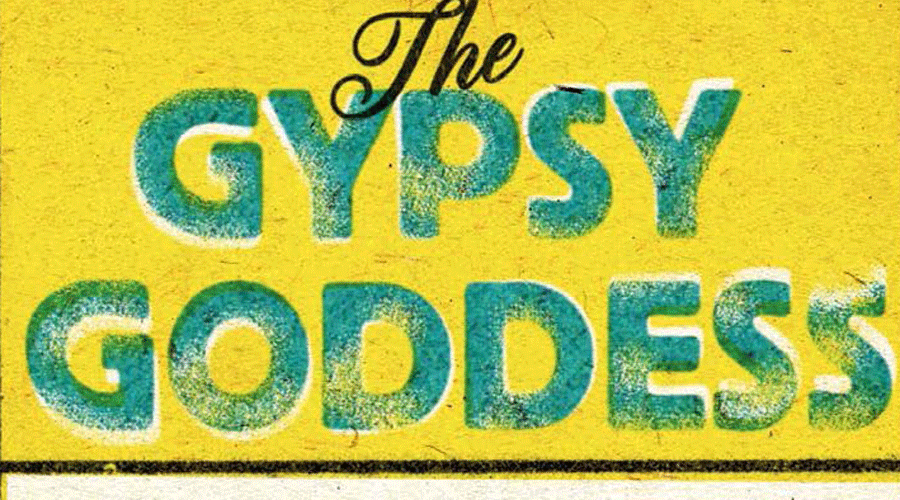1. The Gypsy Goddess by Meena Kandasamy
Coming from the scalding anger of the deeply caste-ridden social fabric of India, Meena Kandasamy’s The Gypsy Goddess accounts the collective struggle for freedom by the Dalit agricultural worker community through the recounting of the Kilvenmani massacre on December 25, 1968 at a village in the Tanjore district of Tamil Nadu. The incisive flare of the undying will for freedom and the will to resistance against oppression burns bright through the novel.
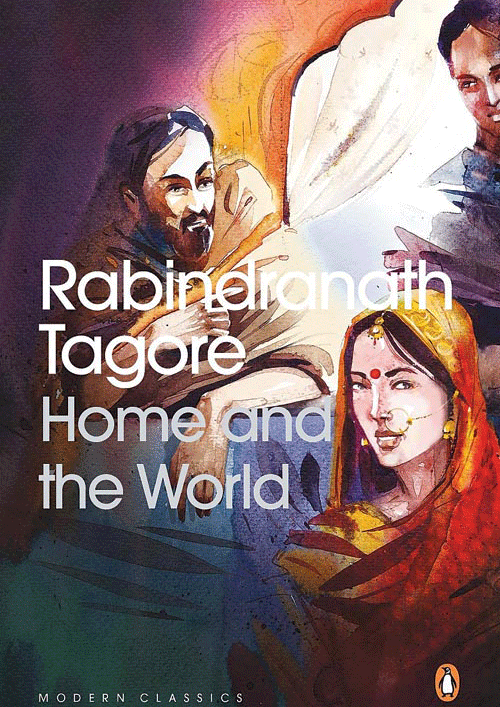
The Telegraph
2. Home and The World by Rabindranath Tagore
Set against the backdrop of Swadeshi Movement, the multi-layered novel, Home and the World by the bard of Bengal, Rabindranath Tagore, explores freedom within and from the fallacies of the method for the freedom struggle. Bimala finds her freedom between the home and the world in the space of the realisation about the right means to the right cause being equally important as the cause itself. Along with telling political debates of the times, Tagore stresses that women’s emancipation and spontaneous participation in the public sphere are the prerequisites of individual self-realisation and ‘freedom’ for the country.
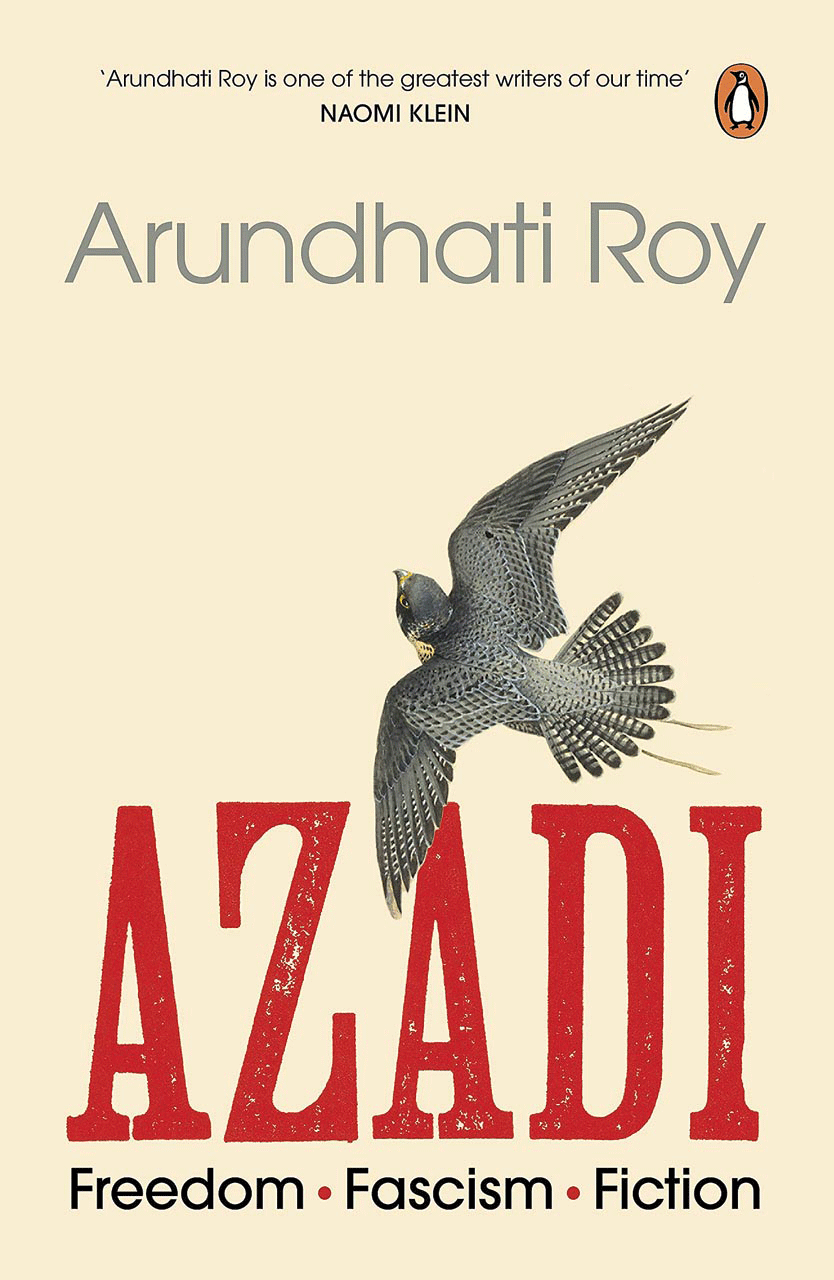
The Telegraph
3. Azadi: Freedom. Fascism. Fiction. by Arundhati Roy
Putting together the nine essays that were presented as lectures between 2018 and 2020, Arundhati Roy’s Azadi: Freedom. Fascism. Fiction. explores the post-pandemic crises in India against the backdrop of the turbulent political climate of the country and more pertinent issues. The brilliant political reflections piece together into the ambivalent connotations of freedom in an increasingly polarised and authoritarian world.
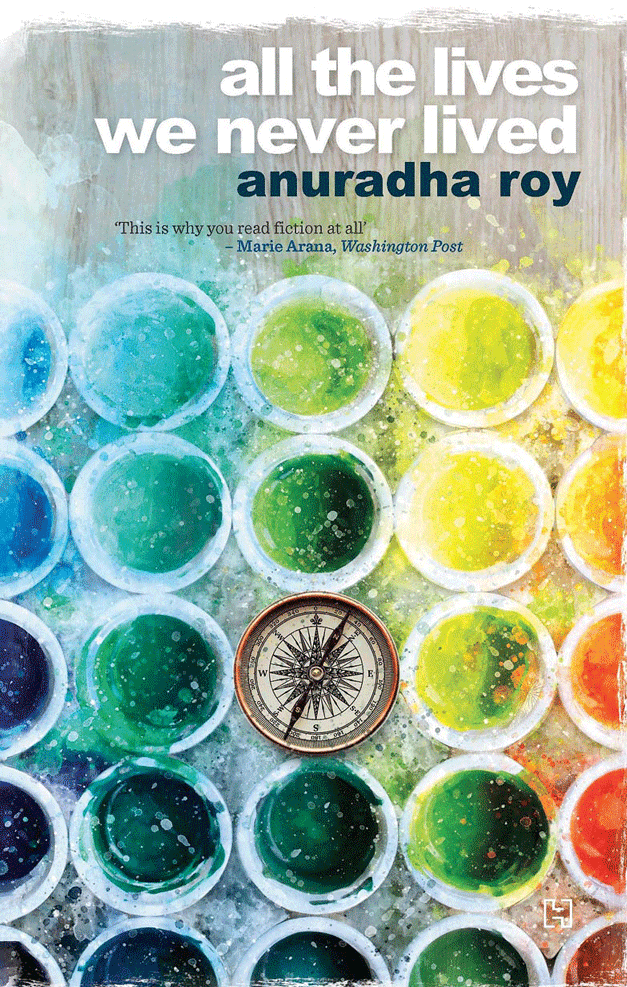
The Telegraph
4. All the lives we never lived by Anuradha Roy
Set in between the two larger political events of India’s freedom struggle and the Second World War, All The Lives We Never Lived by Anuradha Roy merges historical characters, such as the poet Rabindranath Tagore, German painter Walter Spies to singer Begum Akhtar into the lives of fictional ones in her narrative. At the centre is the narrator, a horticulturalist addressed throughout by his nickname Myshkin. Roy drives deep into the very ambiguous nature and nuances of freedom by posing many crucial questions.
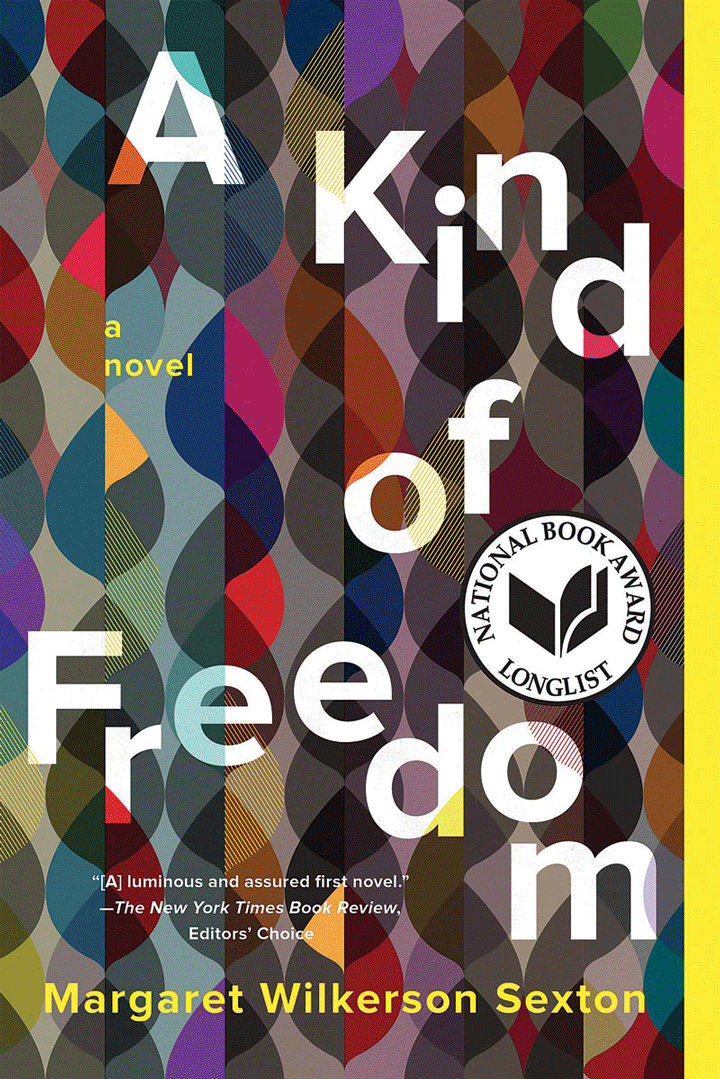
The Telegraph
5. A Kind of Freedom by Margaret Wilkerson Sexton
A Kind of Freedom by Margaret Wilkerson Sexton chronicles the multi-generational narrative of Evelyn and her family, against the backdrop of the peak of World War II and the hurricane Katrina. Freedom here comes down to the freedom to exercise choices, which teeters between narrow options and a reconciliation with the racialised reality of the times. But the family history, with its broken links and losses, holds on to endurance and survival over the injury.
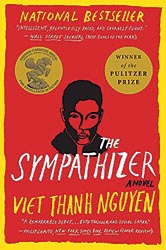
6. The Sympathiser by Viet Thanh Nguyen
The best-selling debut novel by Viet Thanh Nguyen, The Sympathiser won the 2016 Pulitzer Prize for fiction. It is set in the last days of the Vietnam War and chronicles the story of a half-French, half-Vietnamese anonymous narrator who joins in as a spy for the Communist forces amidst the war. Structured as a confession written to a mysterious commandant who has kept the narrator as prisoner, the startlingly original novel deconstructs the concepts of freedom and independence earned by nations through revolutions.
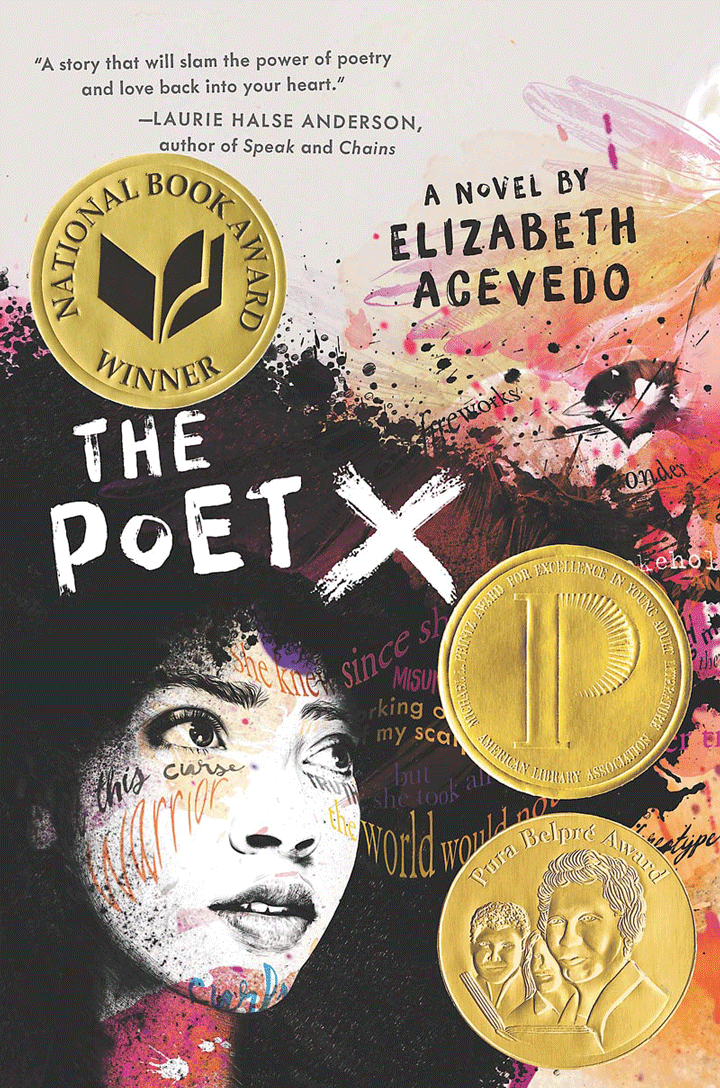
The Telegraph
7. The Poet X by Elizabeth Acevedo
The potency and unbridled power of the spoken and written word serve as a chalice to explore teenage freedom, love and religion in Elizabeth Acevedo’s impactful debut novel, The Poet X. Narrated in three parts, the novel traces the story of Xiomara Batista, a 15-year-old girl from the Harlem who takes to slam poetry in a leather-bound journal to grapple with her religion and the Catholic church, her family and the world while also breaking free towards selfhood.
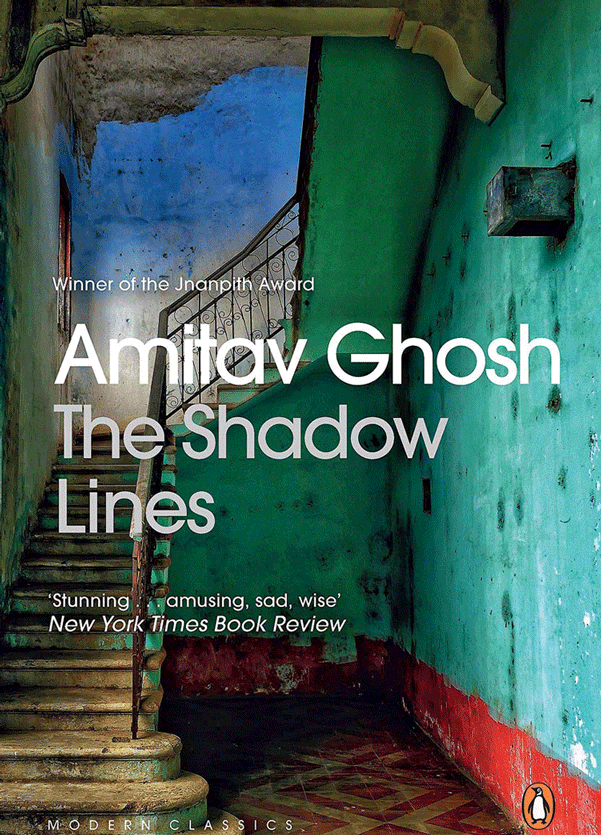
The Telegraph
8. The Shadow Lines By Amitav Ghosh
Amitav Ghosh’s The Shadow Lines accounts for three generations of family members and friends and how their lives are set against the backdrop of the Swadeshi movement, and crossed by the deadly riots in Calcutta and Pakistan in 1963 and 1964. The central character, Tridib, grows up against the backdrop of World War II and Partition of India. The novel drives through the meaning of freedom for the people and its role in shaping of identity in the modern-day world.
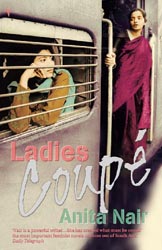
The Telegraph
9. Ladies Coupe by Anita Nair
Middle-aged woman Akhila sets out on a literal and metaphorical journey to Kanyakumari, towards freedom, independence and self-discovery in Anita Nair’s poignant novel, Ladies Coupe. Aboard the ladies’ coupe on the train, she meets five different women. A tete-a-tete of telling tales of the lives of the ladies in the coupe, leads each woman to reflect on what freedom stands for in their lives, making Akhila introspect her need for a man for a fuller existence versus a single and self-partnered path towards happiness.

